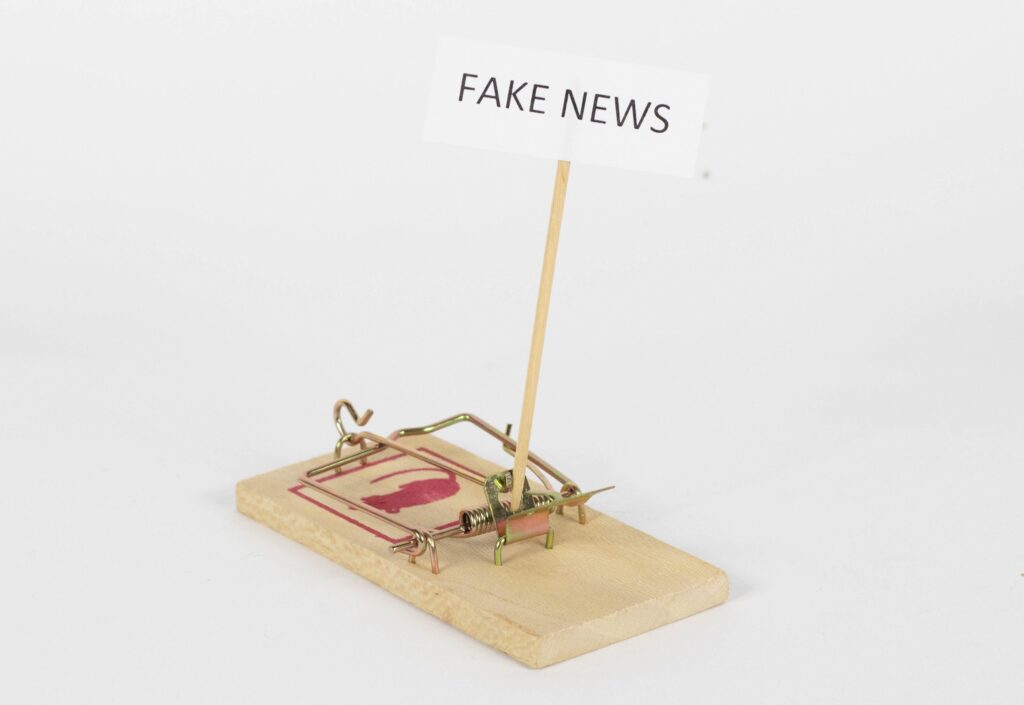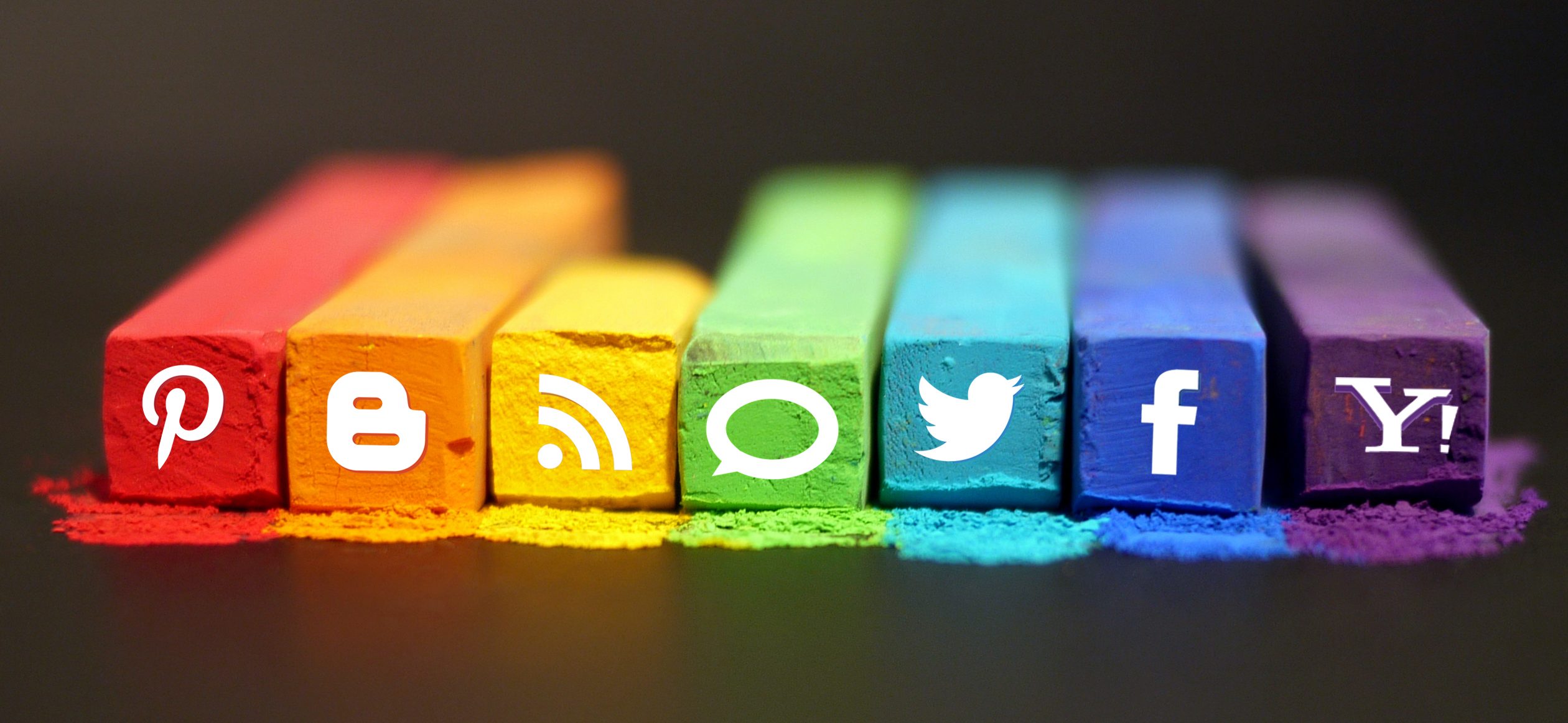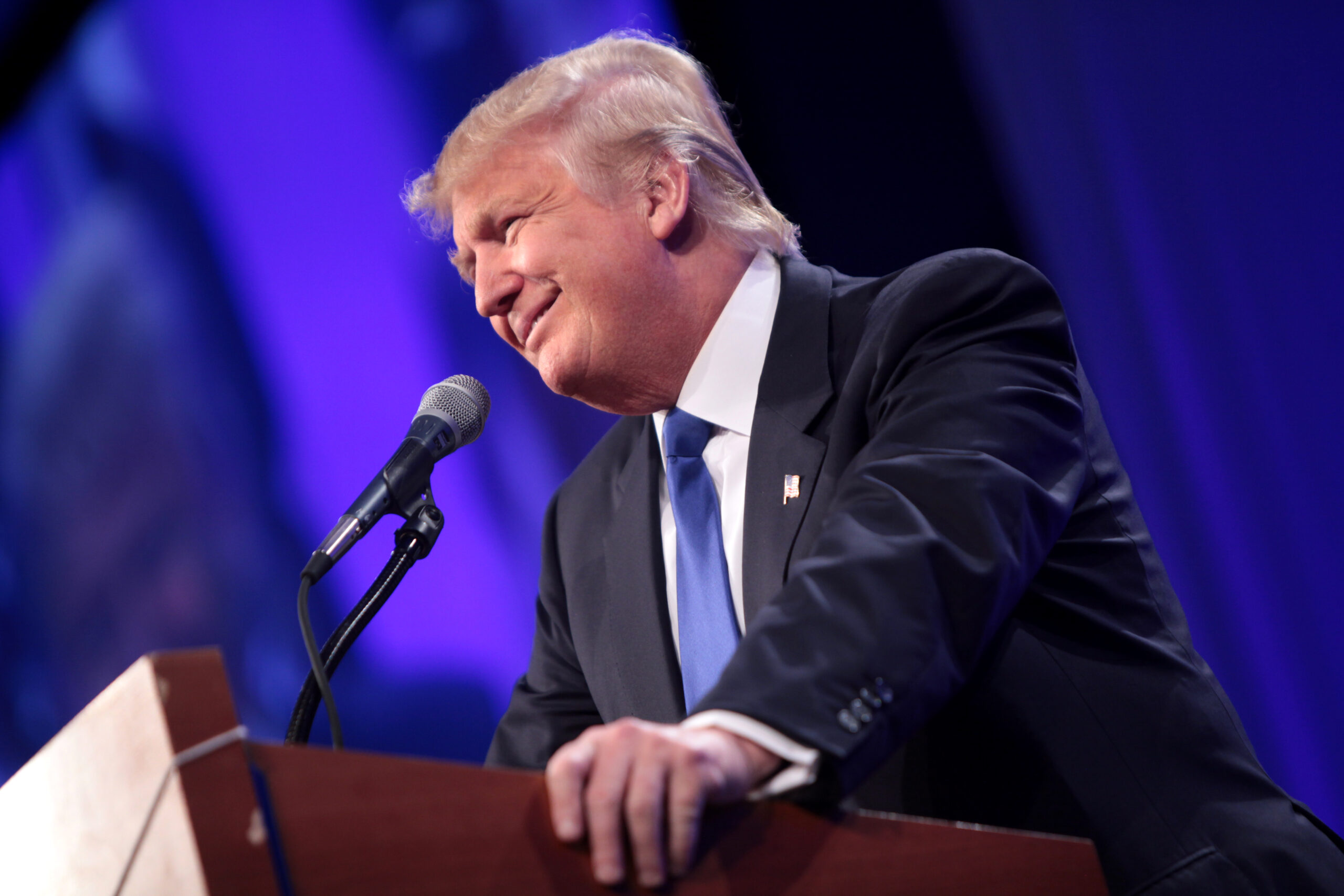Is democracy in danger in the information age?

As the World Forum for Democracy kicks off in Strasbourg this week, NIMD Knowledge Advisor Dalila Brosto shares her insights on whether social media really threatens democracy, and what can be done about it.
A year ago, right before NIMD’s Innovation Conference, I wrote a blog post about participatory technology and its ability to empower citizens and strengthen democracies. I argued that in a world of growing dissatisfaction among individuals, digital tools could provide us not only with better access to the political sphere but also help citizens become more engaged in the topics that affect their lives.
However, it would be naïve not to consider the other side of the coin, the one that deals with the threats that technology poses to our democracies. What happens when these tools – those that helped to bring young people into the political debate, after years of growing apathy – are co-opted by authoritarian regimes? When these regimes intrude in the realm of the internet, hiring hackers and trolls, information technology becomes an instrument of control, thwarting free expression and emancipation.

How regimes are weaponizing social media in elections
Information technology is used to rig elections, promote fake news and overall contribute to the lack of trust of citizens in the integrity of the electoral system. Allegations of Russia using social media to influence electoral outcomes in Ukraine and the last American presidential election have been all over the news, as well as Russia’s own complaints about the West interfering in the revolutions in Georgia and Ukraine.
While meddling in elections is certainly not new, the reach that the internet and social media provide are definitely unseen in the manipulation of public opinion. Social media is responsible for exacerbating the ends of the political spectrum and relentlessly publishing unchecked content, providing an anonymous veil on fake news, hate speech and extremist opinions.
Can better algorithms and monitoring tools counteract these tendencies?
Twitter and Google are increasingly willing to cooperate to find ways of preventing the abuse of information and the spread of fake news – Google has committed to tackling fake news; Twitter, meanwhile is banning all political advertising from its service. As useful as these measures are, social media requires stronger regulations that can prevent the spread of hate speech, terrorist appeals, and any sort of harassment. Facebook, perhaps the biggest player in the field, still has not made a compromise to fact-check politicians’ ads, making it easy to publish fake news as long as the resources are available.

Where does this leave us?
Democracies need debate and engaging in complex issues from different sides of the political spectrum should not be discouraged. Technology provides a space to connect and share views and to engage in conversations like never before in our lifetime. We should therefore not discard the tool when it is not used appropriately. Instead, we should focus on using these tools responsibly and push for regulations that can ensure a healthy space for individuals to interact.
Without reform and effective oversight, there are a chance today’s problems could morph into something that threatens democracy. In the meantime, democracy will rely on its citizens’ critical thinking, in their ability to check sources and their eagerness to debate respectfully with people that are not on the same side of the debate.
